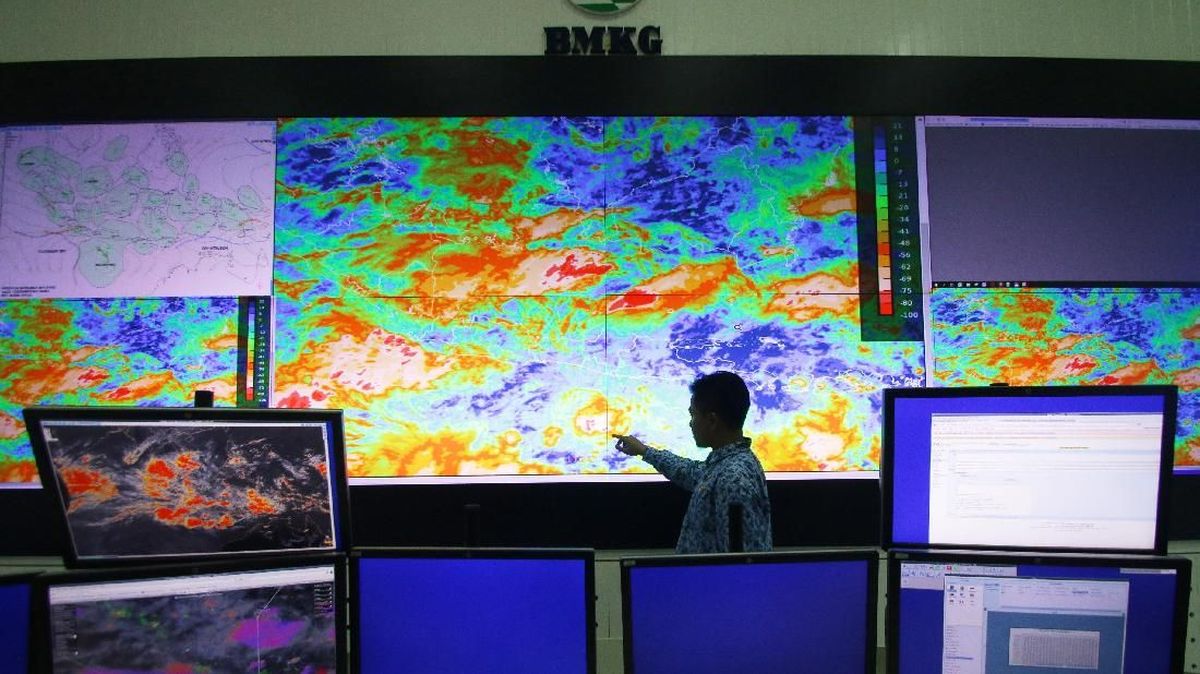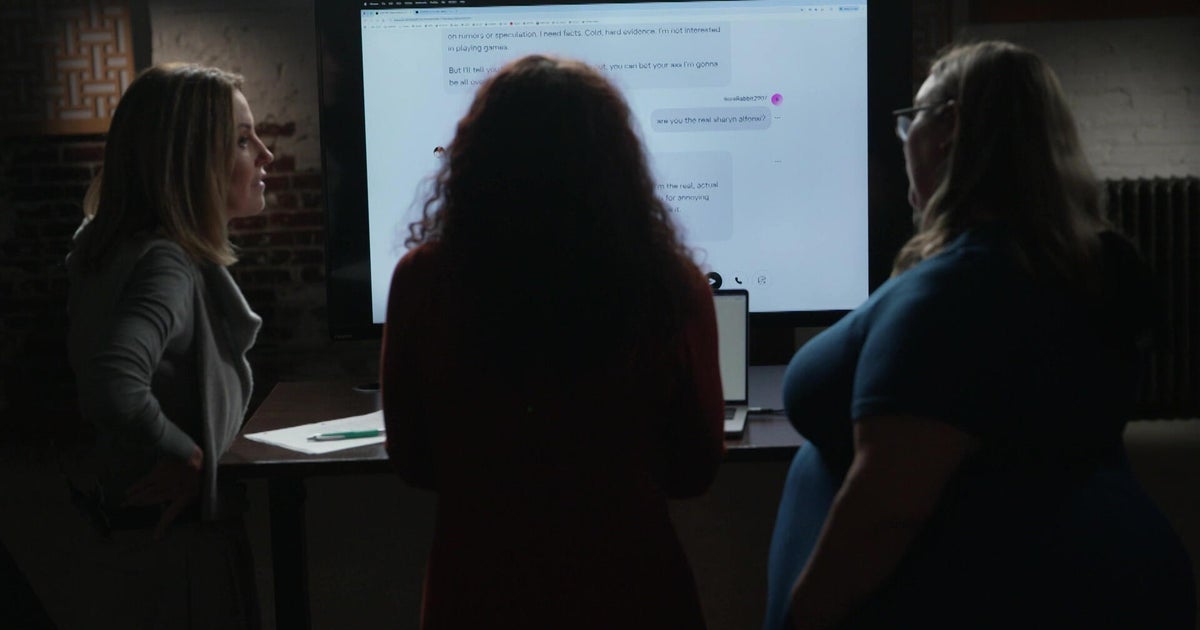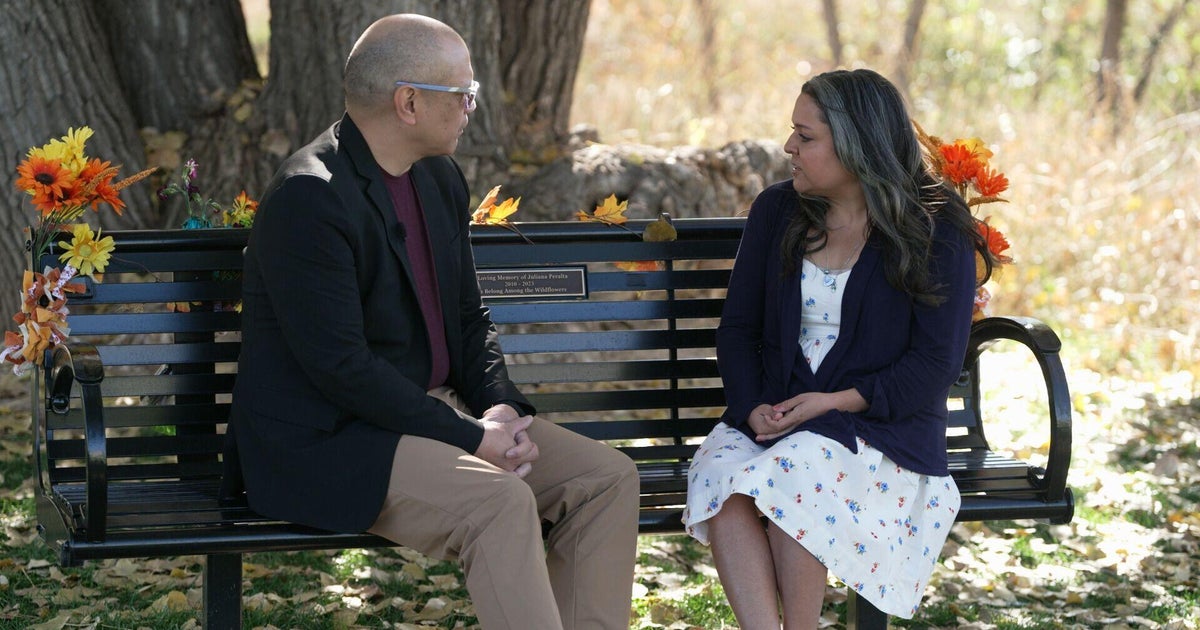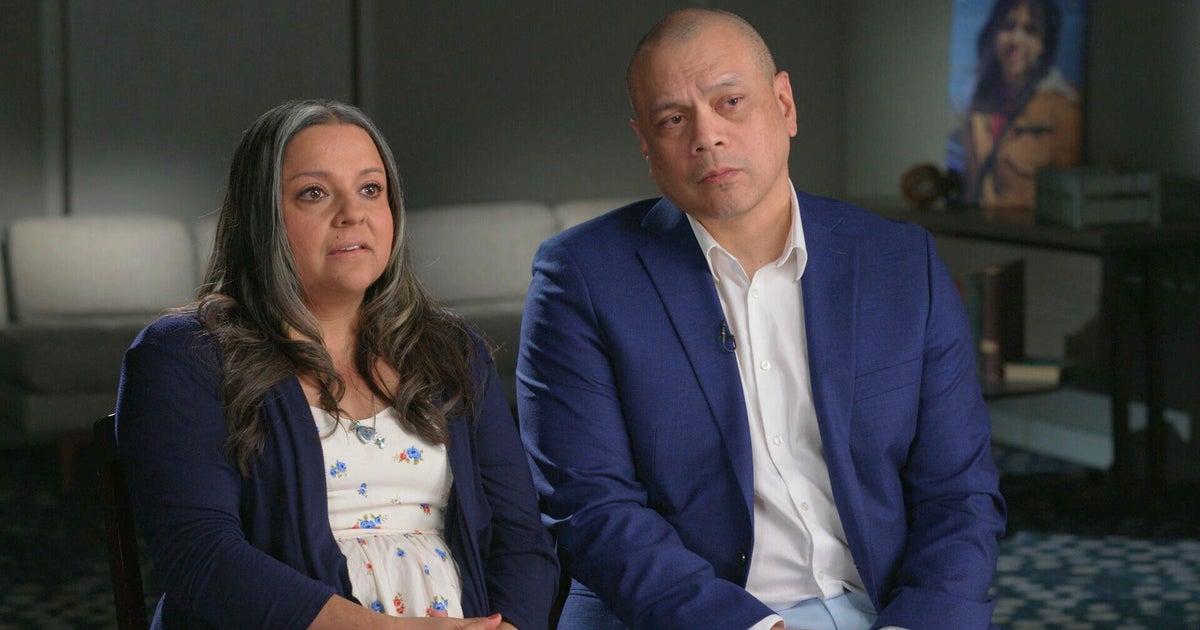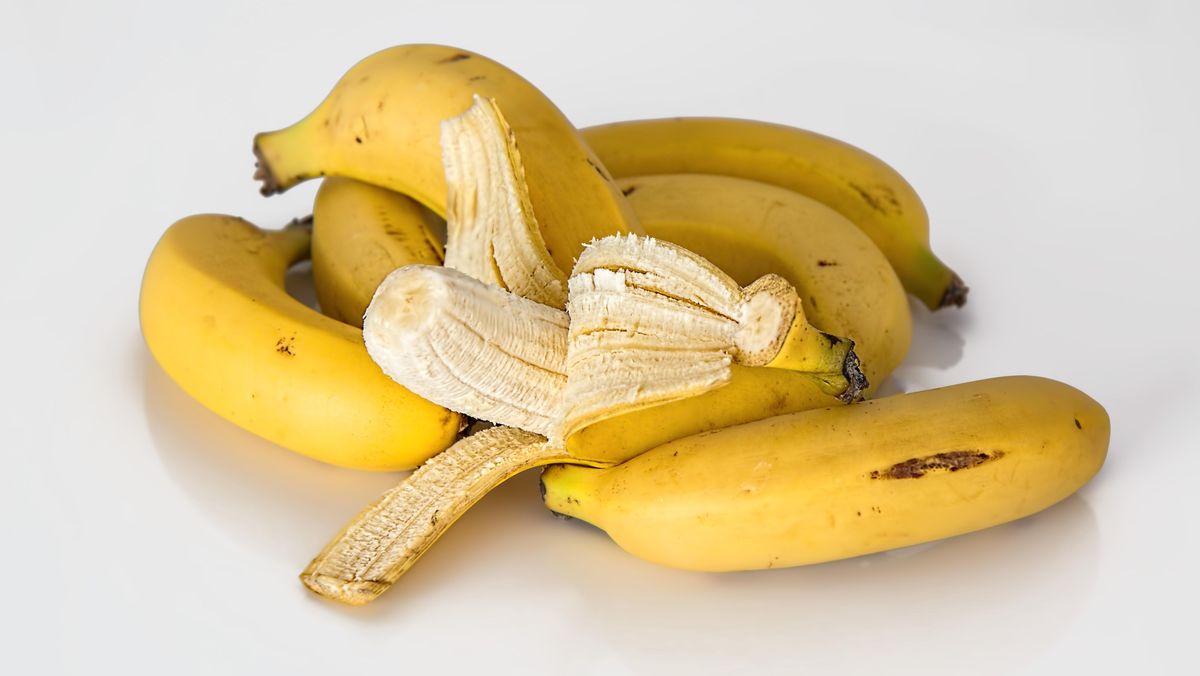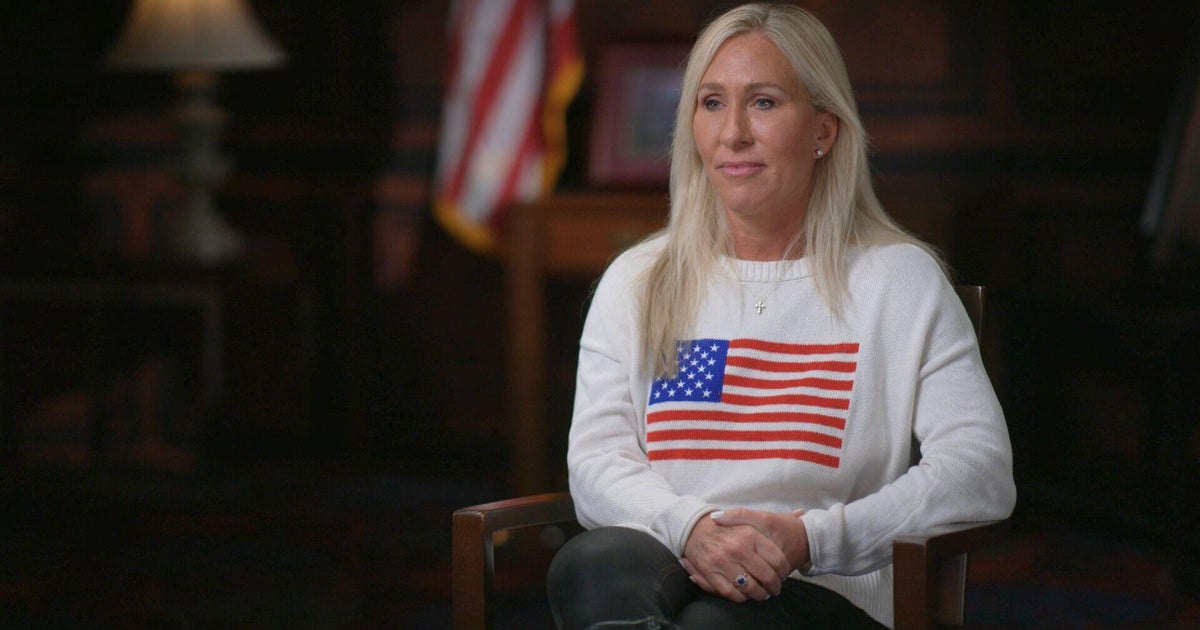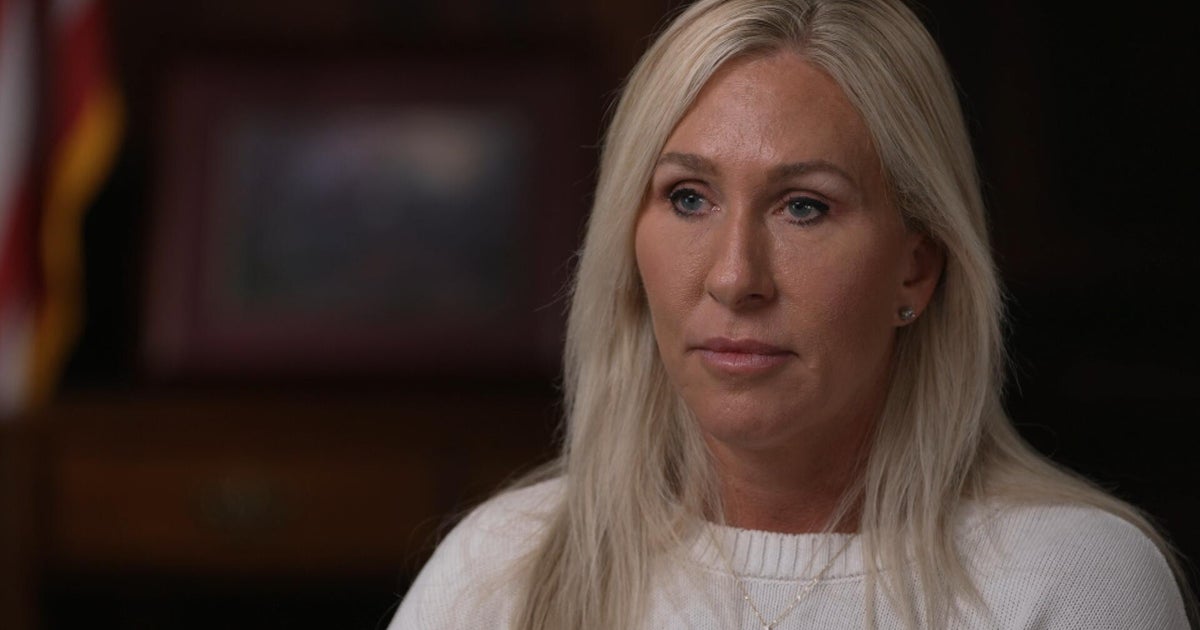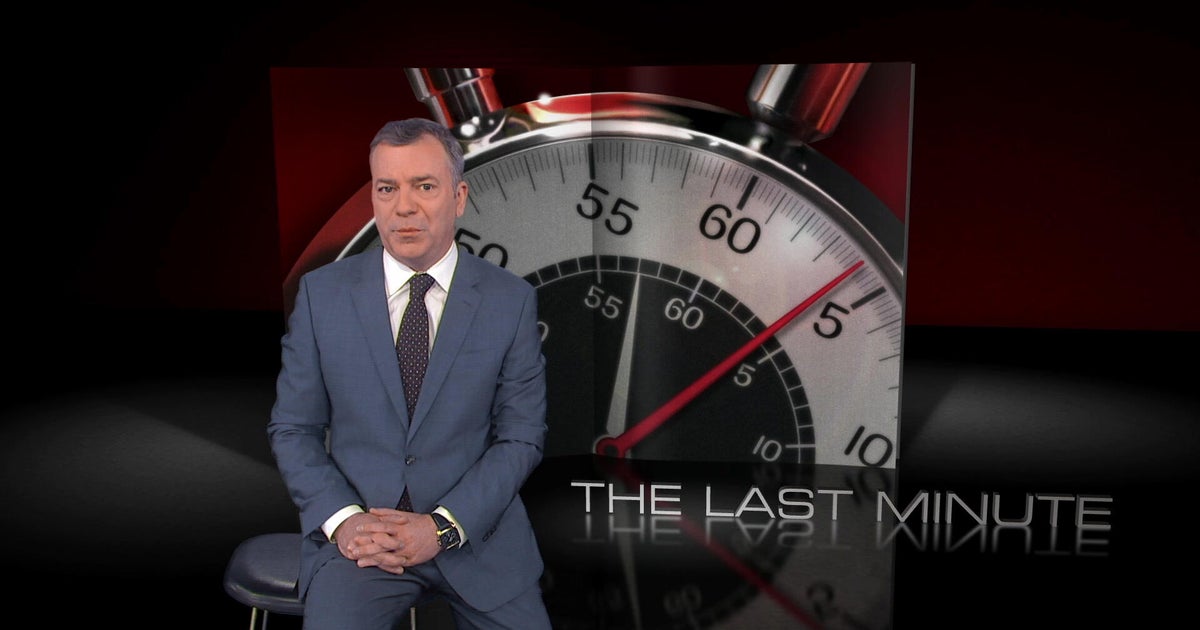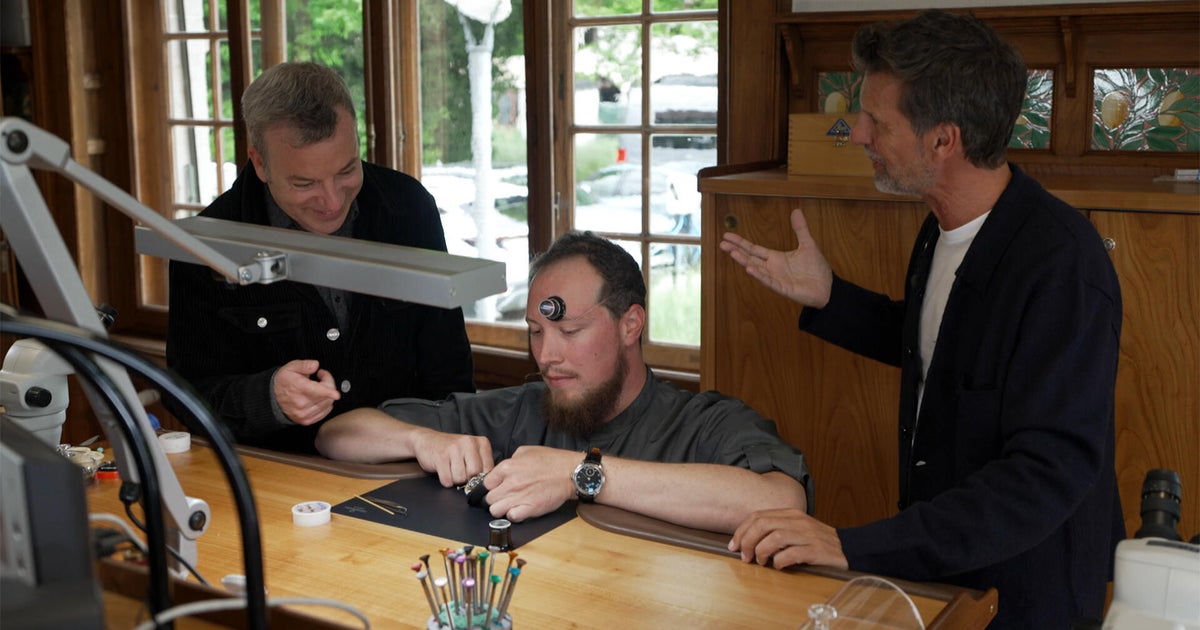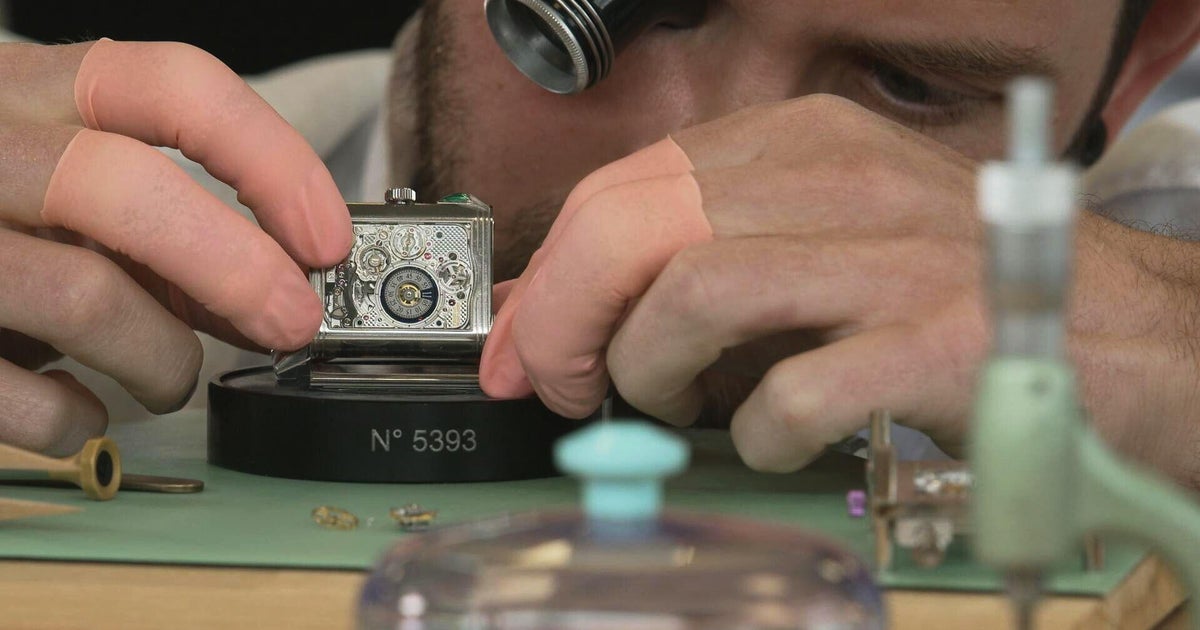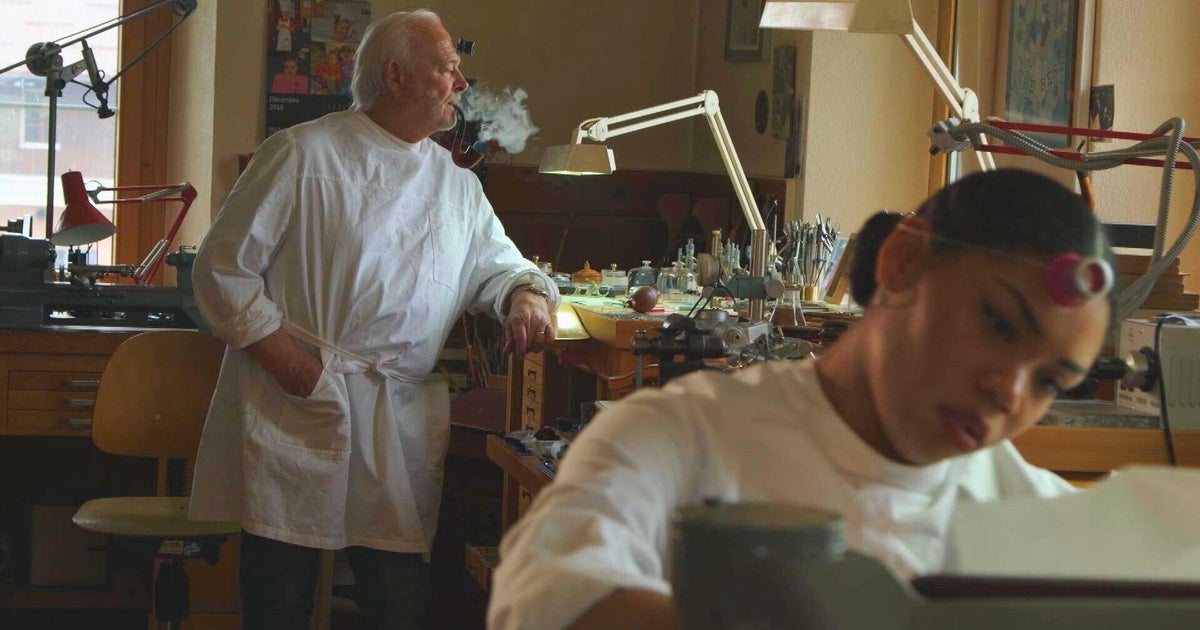A comedian mocked me for paying $200 for this free service, but you should stump up too
Opinion
October 14, 2025 — 7.00pm
October 14, 2025 — 7.00pm
What are the chances of a comedian making an unexpected incursion into my niche wheelhouse? It was a Melbourne International Comedy Festival show at Trades Hall and revolution must have been in the air, because when the performer on stage started to complain about receiving unsolicited donation emails from Wikipedia, I had to speak up.
Who would ever donate money to an online encyclopaedia, she asked? My family members tensed up, knowing they couldn’t stop the train-wreck about to ensue.

It’s a website, but Wikipedia is also a wonder of our age. Credit: Phil Carrick
I would, I shouted out. How much? the comedian asked. Fifty dollars every time they contact me, I replied. How often is that? she asked. Maybe once a quarter, I said. Two hundred dollars a year to Wikipedia? Why on earth? Because, I replied, it’s the best thing that has happened to humanity since penicillin.

Credit: Michele Mossop
Well, that last line is what I should have said. But by then I could feel the eyes of the audience on me and I started to mumble. On the way out of the show, I sensed that people were staring at me, wanting to catch a glimpse of the unrepentant dork whose awkward voice they’d heard during the exchange.
Putting aside my humiliation, let me ask the question: is there anything better than Wikipedia? Seriously. At a time when fake news and AI slop is clogging our feeds, an army of volunteer editors around the globe is combing this immense resource, tidying up the language, demanding that claims be attributed and sourced, and making sure it all makes sense.

Credit: Simon Bosch
At a time when almost everything that Big Tech offers up is either a ruse to hoover up personal data or the expression of entrenched monopolies that make 19th Century US robber barons look like tax-and-spend social democrats, Wikipedia is a force for good. At its heart is a community of people who believe the imparting and recording of knowledge is something worth fighting for.

Wikipedia brings a world of information to our fingertips.
Forget the Great Library of Alexandria – Wikipedia is humanity’s digital era high-water mark. With information in over 300 languages, covering both the high- and low-brow, this is the most significant step forward in the democratisation of knowledge since Johannes Gutenberg invented the printing press.
Yet anyone in a public square putting forward this argument is treated with disdain. My children have been enrolled in the Australian, British and Belgian education systems and, on all occasions, have come home with teachers’ bizarre warnings to avoid Wikipedia. It’s a profound misunderstanding of the benefits of technology.
The argument is that Wikipedia is somehow inherently unreliable. Usually, those claims are linked to examples of vandalism – people deliberately uploading misleading and at times just downright malicious information, which editors then have to clean up, like a council worker scrubbing the illiterate musings of vandals off the walls of a public toilet.
We’ve all stumbled across such instances. I once tried to find out who had written a hit by Canadian rocker Bryan Adams and was confronted by a theory so vulgar that I can’t bring myself to repeat it. An indictment of the website, perhaps. Yet by the next day, it had been fixed. The content graffiti was gone.
What teachers should be telling their students is that, in an era of AI hallucinations and alternative facts, Wikipedia can be a reliable starting point. Use the lead summary to get a sense of what you’re dealing with; use the footnotes to glean what different people are saying. Consider it the start of your journey. It’s not a source, but a diving board into your quest for meaning.
Loading
I was following a court case recently in which a witness made a passing reference to a French company. I raced to the company’s website with basic questions: what does it do? What widgets does it produce? What services does it provide? As often happens, the official site was useless PR fluff.
The company said it produced excellence, and that it was committed to nurturing a can-do reputation and fostering relationships with other purveyors of excellence. It’s at that point that I turned to Wikipedia and discovered the company sold insulation products to construction businesses. The information I needed was all there, at my fingertips. I checked the information elsewhere, but I had been offered a starting point.
In a world of online junk, Wikipedia is a source of hope. People with real expertise are willing to provide time to cut through online misinformation to allow facts to shine through. The Wikimedia Foundation that runs the website is a not-for-profit organisation carrying out a worthy mission. Those who use it should count themselves lucky and reach for their credit card. Two hundred bucks a year is a bargain.
James Panichi is a Melbourne journalist.
The Opinion newsletter is a weekly wrap of views that will challenge, champion and inform your own. Sign up here.
Most Viewed in National
Loading






